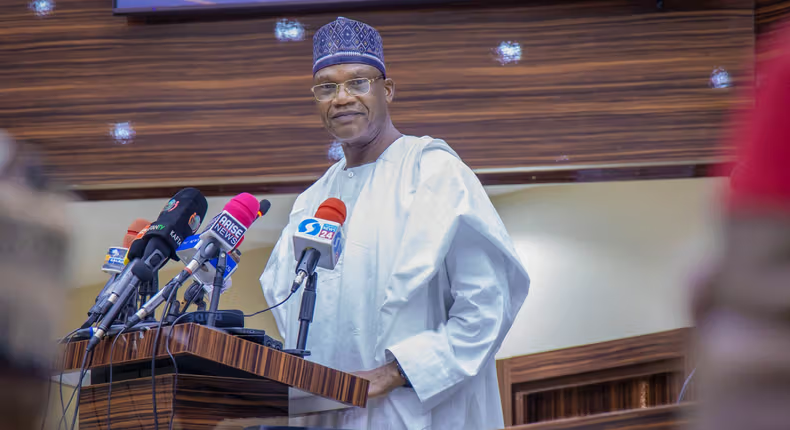The Federal Government’s recent decision to ban Nigerians under 18 from sitting for the National Examination Council (NECO) and the West African Senior School Certificate Examination (WASSCE) has sparked widespread criticism and concern.
The policy, ostensibly aimed at preventing underage students from entering higher institutions before they are ‘mature’ enough to handle the rigors of university or polytechnic education, has been described as a misplaced priority. Critics argue that in a country where over 18.3 million children are out of school, the government should be more focused on getting these children back into the education system rather than restricting access for those who are academically capable.
The irony is striking: while the government is concerned about young Nigerians entering universities too early, many under-18s are left on the streets, engaged in activities like hawking, begging, or loitering in motor parks. This has led some to question whether the policy is truly about maturity or if it’s an attempt to stifle the intellectual development of the next generation, ensuring they don’t challenge the status quo.
In a country where politicians often send their own children to expensive private universities or prestigious schools abroad, it seems hypocritical to deny access to higher education for young Nigerians with the intellectual capacity to succeed, simply because they are under 18.
The policy also highlights a disturbing contradiction: in some parts of Nigeria, underage marriage is legal, yet the government draws the line at university education for teenagers. This sends a conflicting message about the government’s view of the capabilities of the so-called “leaders of tomorrow.”
Minister of Education Tahir Mamman defended the policy by pointing out that it is not new but has been around since the 1980s when the 6–3–3–4 education system was introduced. This system mandated that a child’s education must begin at age six. However, even after this system was replaced by the 9–3–4 structure, the minister seems intent on reviving a portion of a policy that the country has moved away from.
As a former Vice-Chancellor and ex-Director-General of the Nigerian Law School, Prof. Mamman is expected to propose ideas that would complement initiatives like the student loan program and create more educational opportunities for young Nigerians, regardless of age. Instead of erecting barriers, the government should focus on making education more attractive and accessible, particularly for the millions of out-of-school children who are entitled to it as a fundamental human right.
The public’s reaction to this policy reinforces the sentiment that banning under-18 students from taking WASSCE and NECO exams is a misguided approach to education reform. Rather than stifling the academic growth of young minds with restrictive policies, the government should invest in nurturing and encouraging these students to thrive in a system that recognizes and values their potential.
